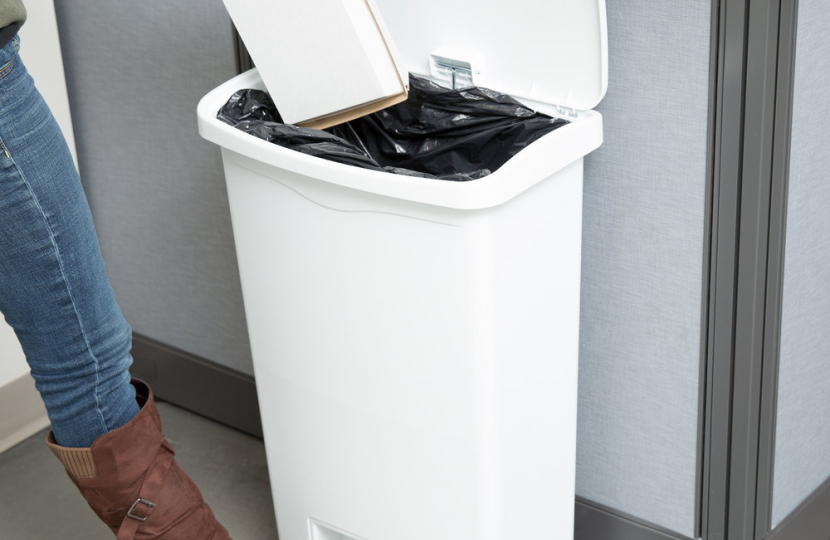
Often people complain that councillors are guilty of talking rubbish. It is a fact. They do!!
In this case, in my case, as a member of an oversight committee at Devon we were literally talking rubbish.
A key role for councils, both District and County is the collection and disposal of household waste.
District councils have the responsibility to collect waste and Devon County Council have the responsibility for the disposal of waste.
For most District councils , and certainly in the case of Teignbridge the cost of collecting waste is greater than the total amount collected through council tax, in fact the cost of collection exceeds £11million whilst the council tax raises just over £9million so how efficient we are in how we treat waste is important and affects every household
The recycling of waste generates an income which is shared between both county and district but this is insufficient to cover the gap between revenue and income.
To understand what happens with waste Devon regularly carries out analysis of what is being collected through the black bins to see what potentially could be achieved through better understanding of the contents people are putting into their black bins.
The latest research took 1800 black bin contents from various locations across the county and identified some disturbing facts.
Recycling rates in Teignbridge have declines slightly over the last few years and currently stand at about 54% of all waste.
The black bins represent the balance and is sent to waste to energy plants to covert into power with almost nothing going to landfill.
When the contents of these black bins were analysed, the contents were dominated with . food waste, the majority of that food waste being food still in its packaging and unopened.
The issue with this is that this waste is not fuel efficient and lowers the calorific value of the waste thus generating less energy. Plus, the waste, if put in the food waste container provided to every household was collected as part of the recycling programme would be used in anaerobic digesters which does generate the gas used in power generation and compost.
The other issue at a time of concern over the cost of living is that 28% of waste is food thrown away still in its original packaging and this, if used could have provided meals.
So, in talking rubbish, key questions were raised,
What can we do to increase household waste separation to increase the amount sent to recycling so that we provide better security for our environment and generate more income to help keep council taxes down?
How can we help people reduce their food waste?
Ideas discussed included increased education for consumers, making people aware that supermarkets are designed to maximise sales and that BOGOF deals are expensive if the additional items are not used, encourage buyers to buy what they need and avoid items not on a shopping list, use freezers to save cooked food for later use, increase awareness of the recycling programme and how people can contribute.
So, if you want to talk rubbish, please contact me with any suggestions.
Phil Bullivant
County and District Councillor
Newton Abbot
07768355544
